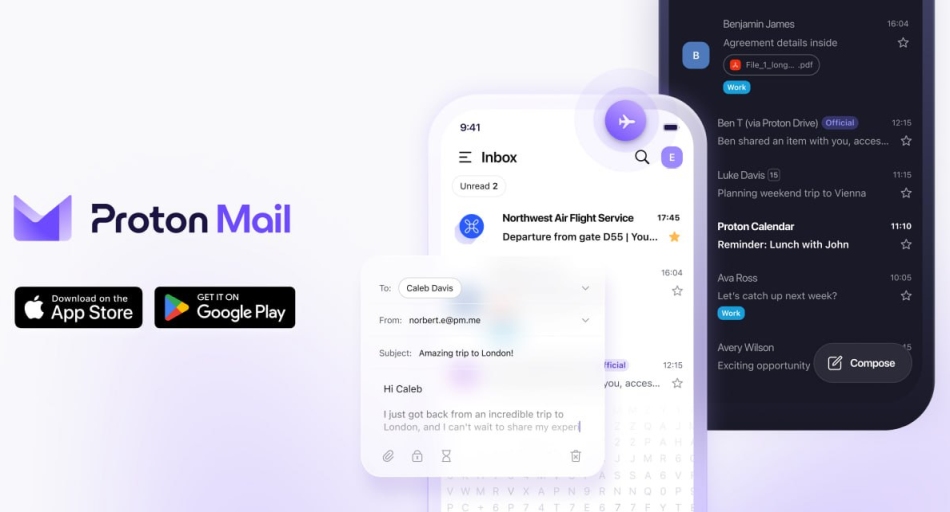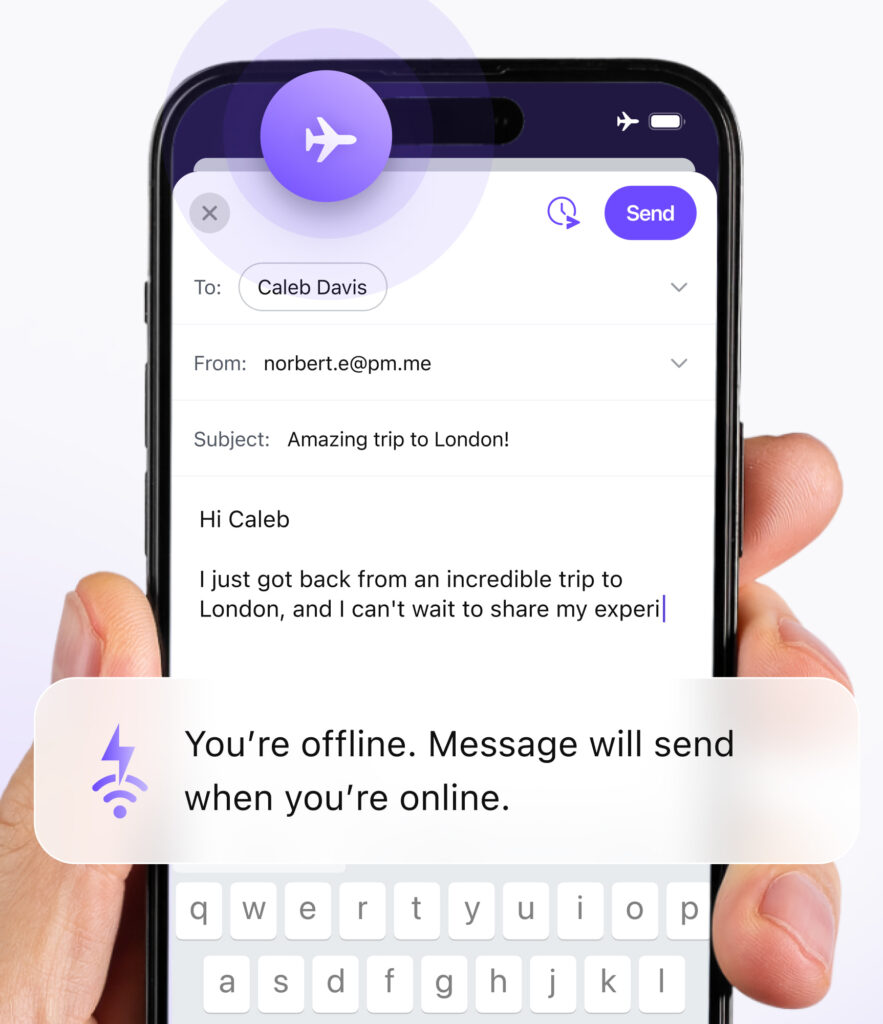
Proton Mail has released a major overhaul of its mobile apps, introducing redesigned versions for both iOS and Android that include full offline functionality, a key addition for users seeking a seamless and private experience without constant internet access.
The Geneva-based company, known for its end-to-end encrypted email services, announced the launch of Proton Mail v7 today, describing it as one of the most substantial updates in its history. The apps have been rebuilt entirely from the ground up, abandoning the previous platform-specific codebases in favor of a unified architecture. This shift enables faster development cycles and ensures feature parity across both mobile platforms.
Among the most significant changes is the introduction of complete offline mode, allowing users to read, write, and organize emails without an active internet connection. Once the device reconnects, all changes are synced automatically. This feature could prove vital for privacy-focused users operating in low-connectivity environments or in regions with restrictive internet access policies.

The apps now offer double the speed for common inbox actions like scrolling, archiving, and replying. The performance gains are attributed to the move to a shared, native codebase, with around 80% of the underlying code now being the same for both platforms. This architecture not only boosts app responsiveness but also enables simultaneous feature releases moving forward, eliminating the lag that previously existed between iOS and Android updates.
Proton Mail, operated by Proton AG, is one of the world’s largest and most trusted encrypted email services. Its business model is based on paid subscriptions rather than advertising, positioned as a privacy-first alternative to mainstream email providers.
Visually, the new app adopts a cleaner design, with simplified navigation and improved accessibility to frequently used features.
The rollout of the new Proton Mail mobile apps begins today, September 25, with Android users receiving updates automatically as distribution expands. iOS users can download the new version directly from the App Store.
Security-minded users should take note of the offline capabilities, which are not widely available in most mainstream email apps that prioritize ad revenue and cloud-dependent syncing. For those operating in sensitive environments or who require continued access without a data connection, this feature could offer tangible privacy and usability advantages.






Leave a Reply